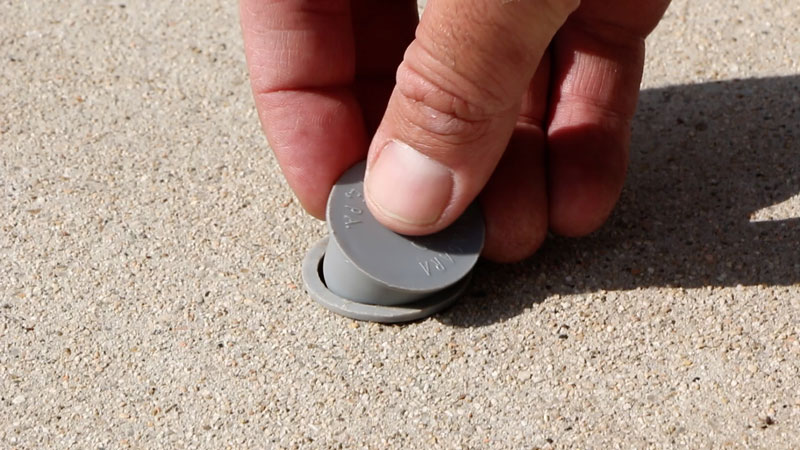
Pool safety starts with durable, high-quality components. Our OEM pool fence replacement parts ensure the same level of safety, strength, and reliability as professionally installed systems. Whether you need replacement poles, deck sleeves, MagnaLatch locks, or mesh panels, we provide industry-grade parts built to withstand UV exposure, weather, and heavy use.
Buying direct from us guarantees:
Pool Guard USA is a US-based pool safety equipment manufacturer specializing in pool fences, pool covers, pool safety nets along with installation services throughout the United States.
Pool Safety Products
Please fill out the form below with your information. Your local dealer will be notified about your inquiry.
Please fill out the form below with your information. Your local dealer will be notified about your inquiry.